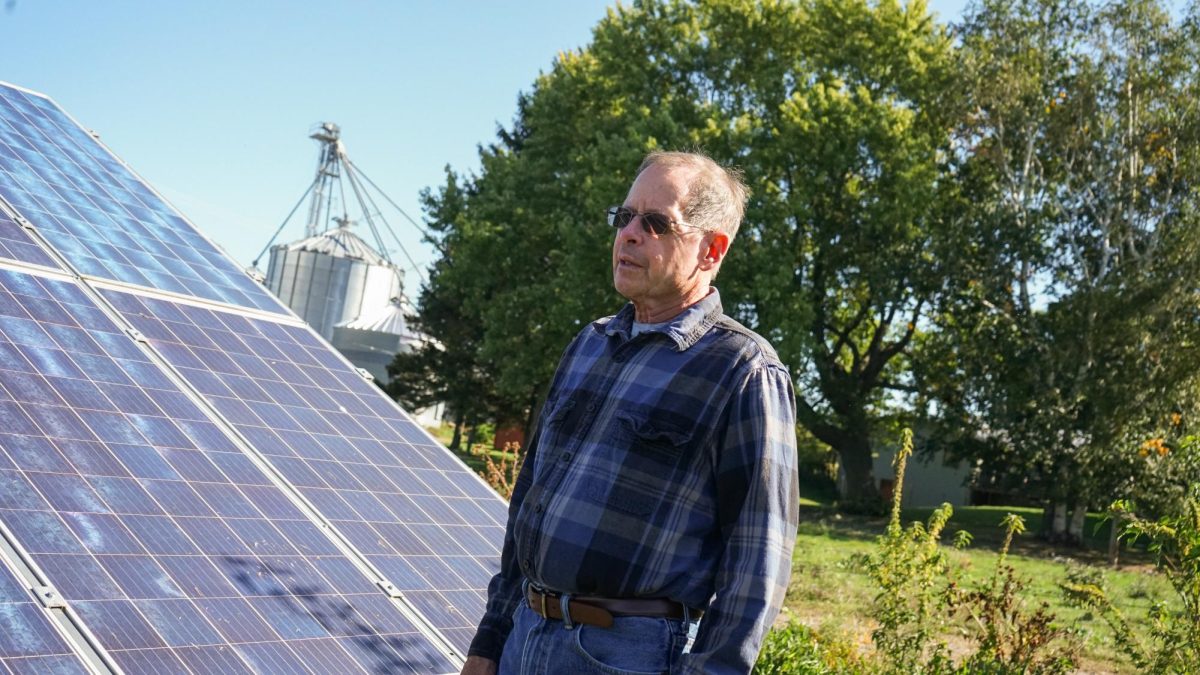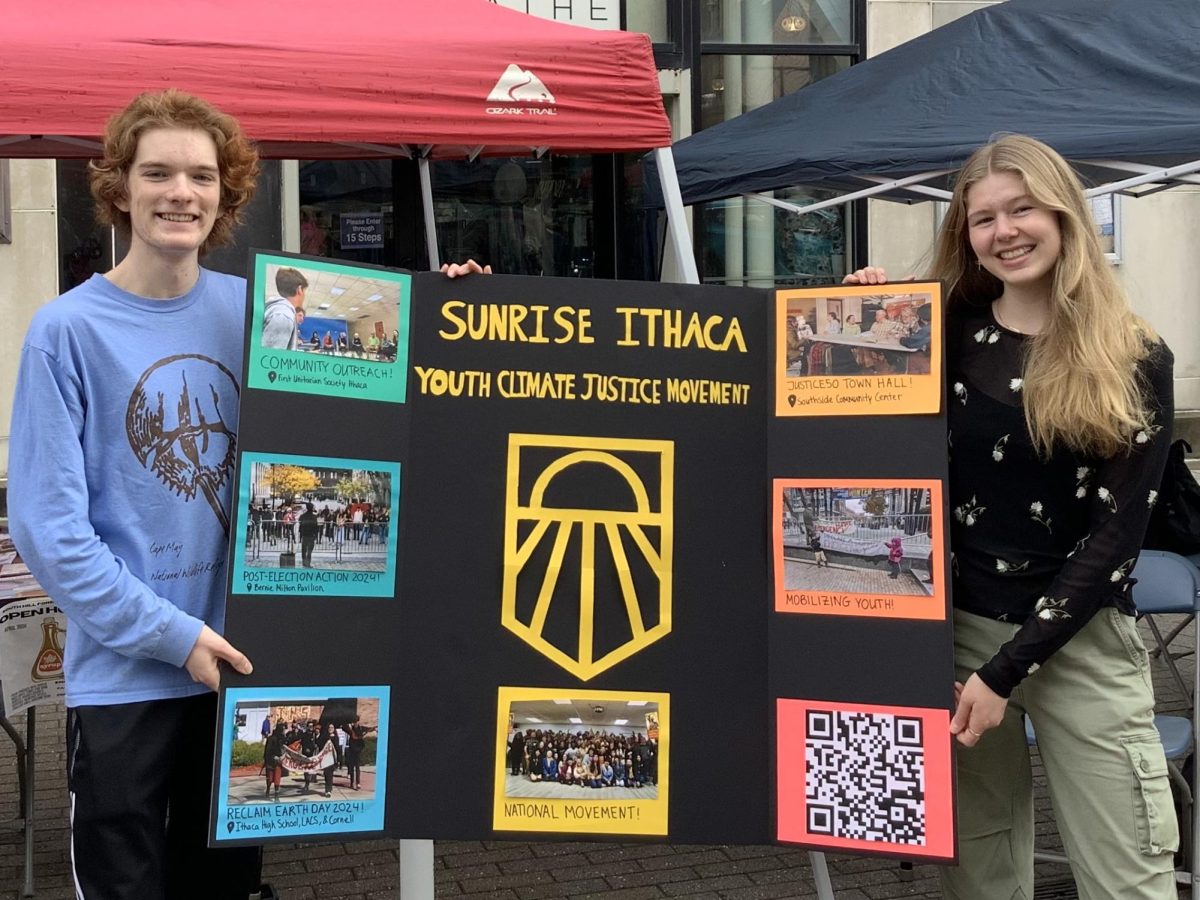“We first started doing work on this issue during the summer when the Ebola outbreak started,” said Alexis Santi, coordinator of travel safety for Cornell Abroad. “In all cases, the first thing that we did was notify everyone and said ‘there has been an outbreak, this has been happening annually in these countries, what is your current project that you’re working on and could you please tell us about it.’”
Cornell Abroad then determined whether or not the students in Africa were at risk and if they would be exposed to the virus, Santi said. When the spread of Ebola became more serious at the end of the summer, Santi said they warned students in high-risk areas that their Cornell funding would be discontinued if they stayed. The students in Ebola territory returned to Ithaca this fall.
“All students to any of those countries, are forbidden from directly traveling to those countries,” Santi said. “They have to at least write a proposal to myself and what’s called the ITART committee, to ask to go to any of those countries.”
The speed at which Ebola is moving could rival the spread of AIDS, Dr. Tom Frieden, director of the Centers for Disease Control and Prevention, said at a press conference last week.
“In the 30 years I’ve been working public health, the only thing like this has been AIDS, and we have to work now so that this is not the world’s next AIDS,” Frieden said. He added that while the spread of the virus was preventable, the U.S. can “control” it by investing in core public health services here and abroad.
Meanwhile, to help with patient care in West Africa, Dr. Nathaniel Hupert, associate professor of healthcare policy of research and of medicine at Weill Cornell Medical College, designed a clinical data management tool that physicians in affected areas can access using widely available computer programs. The printable spreadsheets, which Hupert was approached to create, track patients’ clinical information and physical movement through treatment facilities.
“Part of the issue is that you can’t bring electronics into the ‘hot zones’,” Hupert said. “So all of this has to be designed to have a paper interface–something you can print out and hand to people and can be burned when finished being used, with the data being verbally communicated.”
The isolated cases of Ebola in the United States have helped reinforce the need for preparedness at all hospitals in the U.S., and provide an interesting parallel to infrastructure in affected areas outside of these three countries, Hupert said. He remembered the head of a major hospital in West Africa, who told American scholars a year ago that his greatest fear was not lack of electricity or water, but the spread of disease.
“The thing that keeps me up at night is what would happen if we had a communicable disease, like a hemorrhagic fever outbreak,” the man told the scholars, Hupert said.
The West African doctor recently died from Ebola, Hupert said.
“People who travel here aren’t going to get sick the way we would if we travel somewhere else,” Jenna Gimbar, an international labor relations student at Cornell who recently returned from India through a program for her major, said. “And that’s just because we have a lot more precautions and measures for general health.”













